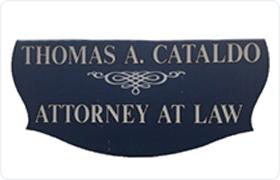Florham Park RICO Act Lawyer, New Jersey
Sponsored Law Firm
-
 x
x

Click For More Info:
-
Thomas A. Cataldo, Attorney at Law
52 South Street Morristown, NJ 07960» view mapCriminal Defense Law Tip The Scales In Your Favor!
Thomas A. Cataldo, Attorney at Law has the legal experience you need at affordable rates that can't be beat.
800-834-4291
Not enough matches for Florham Park RICO Act lawyer.
Below are all Florham Park Criminal lawyers.
Brian M. Dratch
✓ VERIFIEDAt Franzblau Dratch, P.C. we provide our clients with legal services in a comprehensive, yet cost effective manner, while at the same time reflecting ... (more)
Blair R. Zwillman
✓ VERIFIEDBlair R. Zwillman has over 40 years of experience with the criminal justice system. After serving as a Law Clerk to Superior Court Judge Joseph M. Thu... (more)
Thomas Alfonso Cataldo
✓ VERIFIEDTip the scales in your favor! Experience legal services at affordable rates!
Christina Previte
Jennifer Casazza
Michael I. Berliner
FREE CONSULTATION
CONTACT Thomas Cataldo Morristown, NJ
Thomas Cataldo Morristown, NJ Practice AreasExpertise
Practice AreasExpertise



